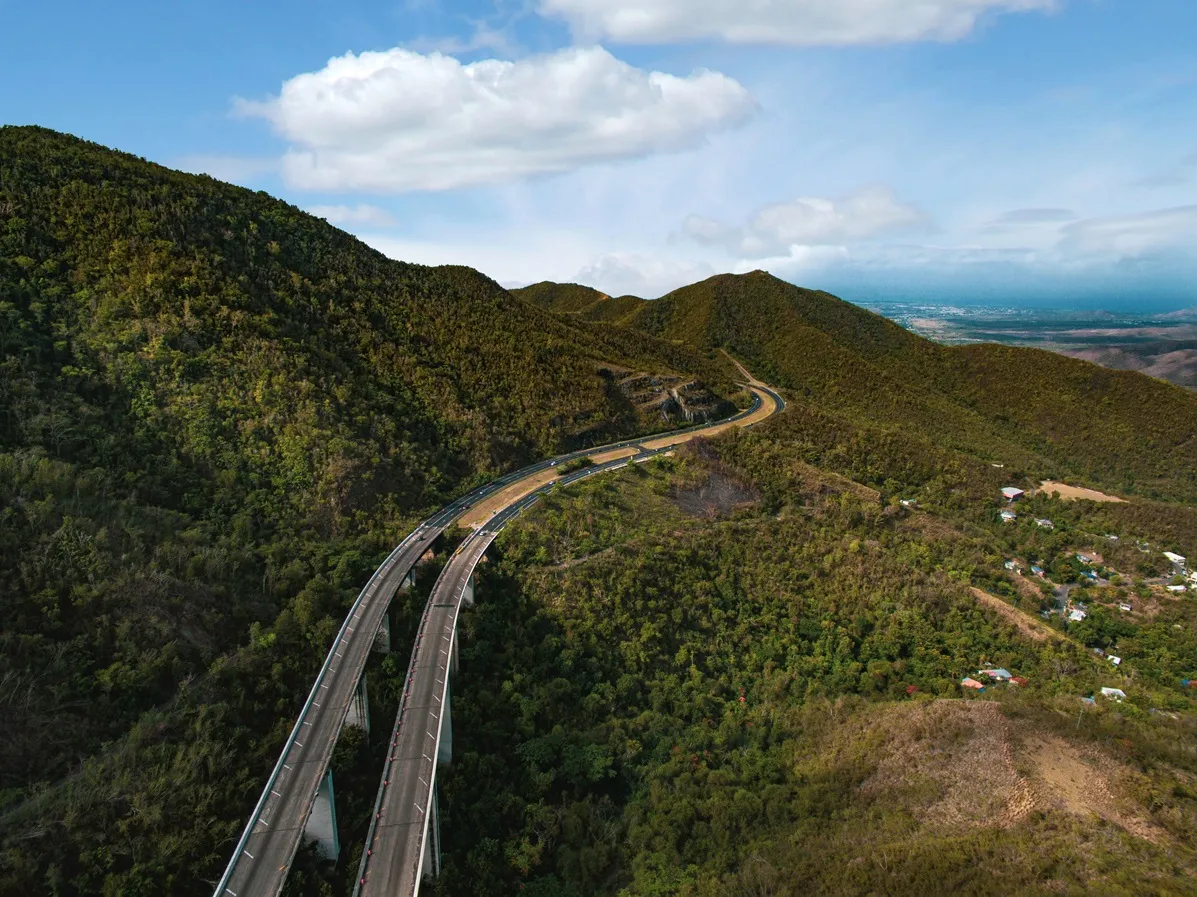
Emovis, part of Abertis Mobility Services, has secured another contract with Metropistas in Puerto Rico - the US territory in the Caribbean - to implement additional barrier-free electronic tolling.
It will be carried out on the existing dynamic tolling lanes (DTL) parallel to the PR-52 highway between San Juan and Caguas. The toll site will be located at the new access road connecting the PR-52 highway to the DTL near the overpass above the PR-177 avenue.
“We can confidently say that individuals driving on the PR-52 highway will benefit from this new access to the DTL once completed,” said Christian Barrientos, chief executive of Abertis Mobility Services. “They will have an alternative entrance point that may save valuable minutes from their commute time.”
Emovis said that the new collaboration builds on the company’s work with Metropistas, starting in 2015. Among the projects during that time have been the implementation of 16 electronic toll gates distributed along the PR 22 highway, renovation and operation of three dynamic toll lane gantries on PR-22, and replacement of over 120 cameras with the latest cutting-edge technology.
Metropistas is the consortium that manages toll highways in Puerto Rico within the framework of public-private partnerships system that started in 2009. The company manages the concessions for Autopistas de Puerto Rico (Teodoro Moscoso Bridge), Autopistas Metropolitanas de Puerto Rico (PR-22 and PR-5) and Puerto Rico Tollroads (PR-52, PR-66, PR-53 and PR-20).










